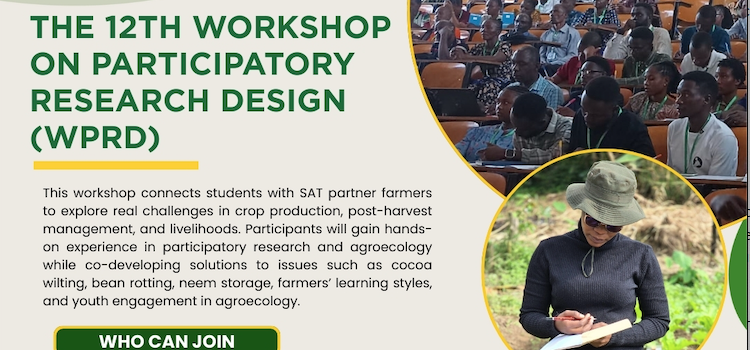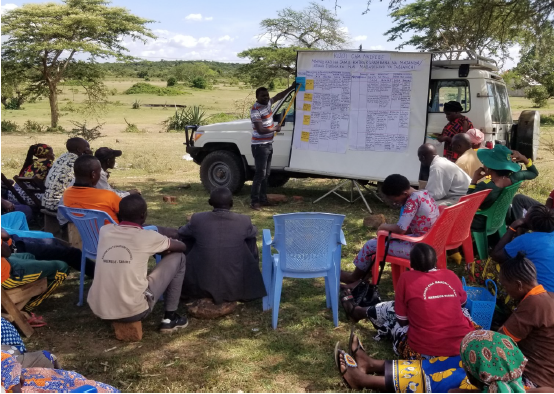The importance of having right data for farmers about their produces
.jpg)

Most of the individual farmers in Tanzania produce very little quantity of crop produces, have no access to premium market, no bargaining power and have no knowledge of the quality standards required. Now having information about the quality and quantity of their produces can help change this all.
Having the right information is the most powerful tool in many processes, the same goes for agriculture. Information and data are very important things for a farmer to have a successful harvest and business.
“Without data you’re just another person with an opinion.”
Edwards Deming, Statistician
Spice farmers under the Uluguru Spice project II need valid data about their production so as they can have clear picture of the possible outcomes in harvest and therefore to meet the demand of the hungry market.
How can farmers get this information?
During the Spice farmers workshop at Sustainable Agriculture Tanzania (SAT) Head offices in February, which was facilitated by SAT facilitators, farmers learned step by step how they can use different tools to collect and summarize information of their produces.

SAT Staff explaining to farmers about filling the forms for data collection.
The workshop was attended by 21 farmers, including farmers from different spice farmer groups together with their leaders.
SAT Professional explains
The workshop aim was that with this information collected, farmers can have secured and well-paying market for their organic produces. Since data is at the core of such endeavors it is important for farmers to know efficient ways in collecting data. The information collected will be amount of yield in the previous and coming season so they can know what type of crops are doing great, the time period expected for harvest and also the type of crops they planted. SAT builds hereby on a hybrid approach which combines modern components like smartphones with ordinary record keeping like feeling forms. Organized in WhatsApp groups farmers can make pictures and send information about their produces from their respective farmer group supply and share it within their cooperative network. This helps them have a strong negotiation position to agree on lucrative prices.
What specific areas to focus on?
Data will be collected from farms that are within the Ruvu river catchment area along the slopes of the Uluguru Mountains. The shared data includes an estimate of the expected harvest, age and quantity of the trees, and expected harvest time.
This project is supported by Austrian Development Agency (ADA), the operational unit of Austrian Development Cooperation, and Land Vorarlberg.








